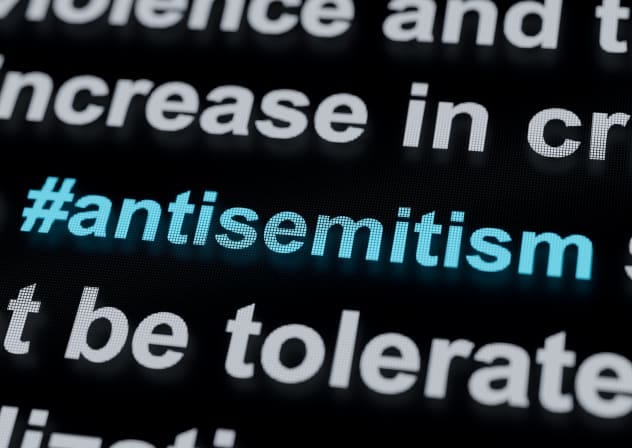From Der Judenstaat to modern Israel: Herzl’s vision in today’s world - opinion
Over 100 years after Herzl’s Der Judenstaat, Israel faces global antisemitism, internal divisions, and the ongoing fight for its survival.

Over 100 years after Herzl’s Der Judenstaat, Israel faces global antisemitism, internal divisions, and the ongoing fight for its survival.




Trump is gambling that the Iranians will conclude that they are better off making a deal than testing American resolve, and Israel, naturally, has reason to watch all of this with concern.

The US must address Iran’s ongoing aggression. An "America First" policy should target Iran's IRGC and disrupt its global operations to protect American interests.

Israel's decision to remove "massacre" from the October 7 bill undermines the significance of the attack and weakens national remembrance.

Not long ago, it felt as if we were in a Jewish golden age. Now, we must face the realities of our time and take action to ensure the continued vitality of the Jewish people.

Inside the algorithmic double standard that lets Jew-hate spread unchecked.

The State of Israel lodged a class action suit against El Al on behalf of the many passengers who were fleeced by the airline.

The reluctance in the older American generation to use the word "Zionist" may have roots in how the term was used following Israel's founding.

A clear decision by the Human Rights Council to remove Albanese would send a strong message about professionalism and equal standards for Jews and Israel.

Synagogues must decide whether to comply with ICE's terms tied to DHS security grants or uphold their values by refusing to cooperate with enforcement actions.

The authorities tell us that Jeffrey Epstein is dead, but the conditions that allowed him to thrive are very much alive.
